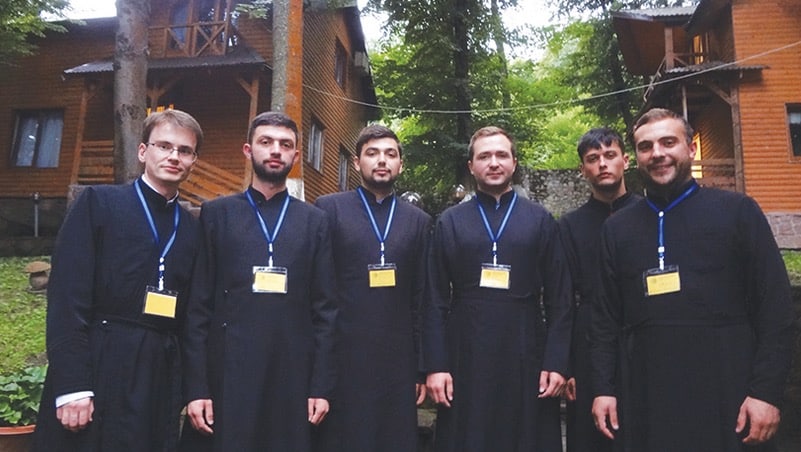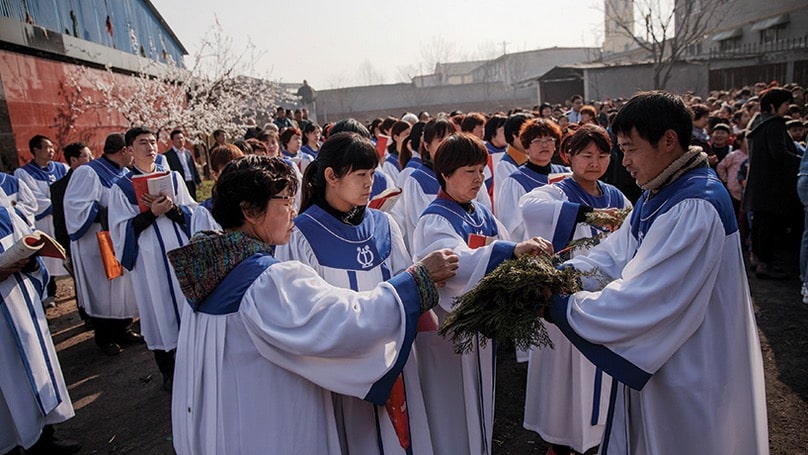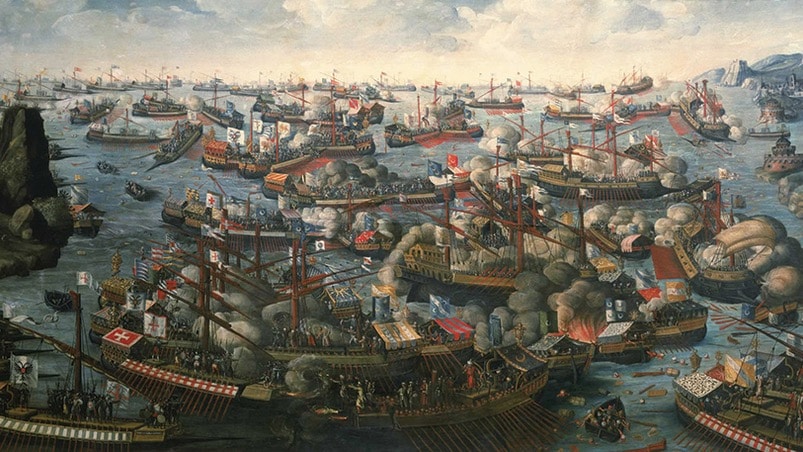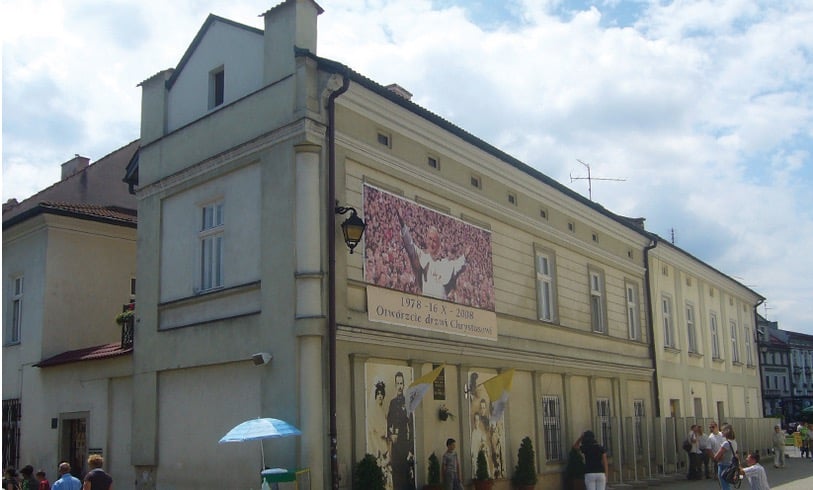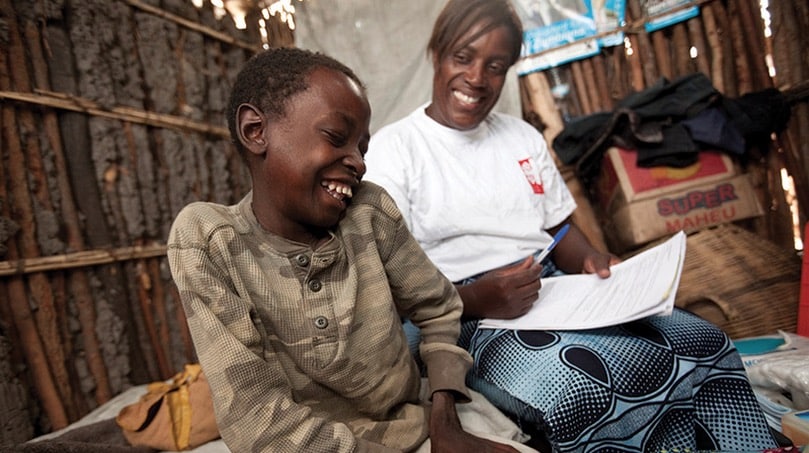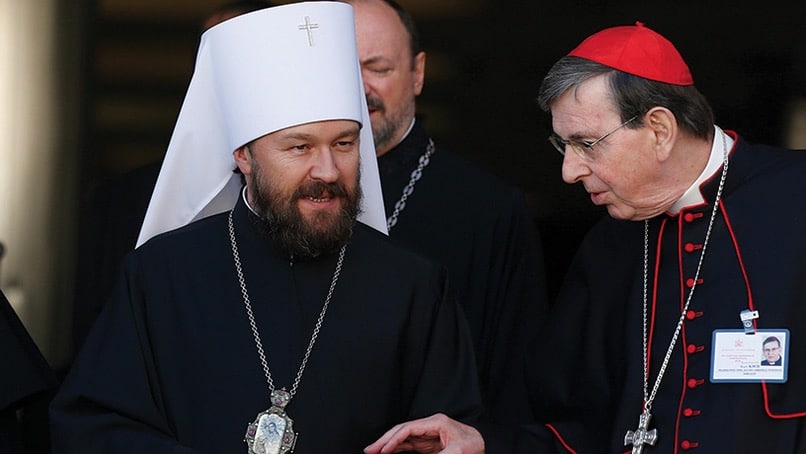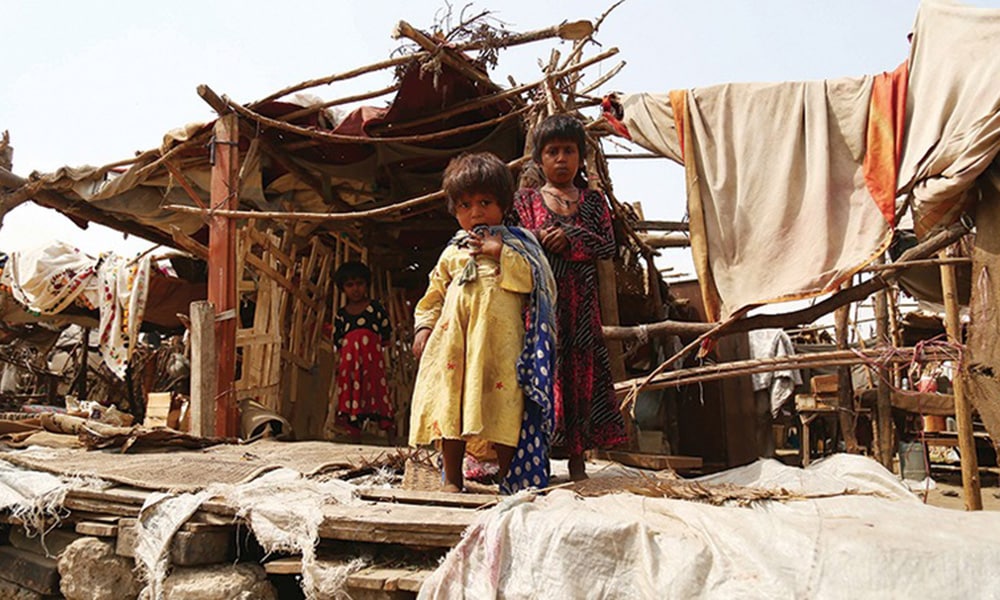Greek Catholics in Ukraine live out their history in a sort of valley, a compressed trench of the last 30 years in which their Church emerged from over 40 years of total oppression under the Soviet Union, flowered tremendously in the new millennium and now endures the challenges of a country beset by economic turmoil and a four-year armed conflict with Russian-backed separatist forces in its eastern region.
The Ukrainian Greek Catholic Church is the largest religious minority in the Eastern European country (the majority are Orthodox Christians), and the head of the Church since 2011, Major Archbishop Sviatoslav Shevchuk of Kiev-Halyc, identifies their seminaries as one of the real drivers of the Church’s evangelizing mission today.
A young Church
“I realize how young we are as a Church,” Archbishop Shevchuk told Old Sunday Visitor in June. He admitted he had been confused by the decision of the other Ukrainian Greek Catholic bishops to elect him, then age 40, as their leader, until he realized the average age of their priests is 35-36 years. “As a young Church, we are attractive for the young people of Ukraine,” whom he calls a central audience of the Ukrainian Greek Catholic Church’s outreach.
“My question is how to educate not only our priests but the young generation of Ukrainians to … undertake responsibility for their nation,” he said.
There’s an ever-present existential urgency to the witness of Ukrainian Greek Catholics. Himself ordained a priest in 1994, Archbishop Shevchuk recognizes that the bustling seminary life of today couldn’t be more removed from the clandestine, one-on-one training underground priests received for the over-40 years of the Church’s underground period. It’s even a different world from the late ’90s — when he began teaching seminary — a time when, he said, it was difficult to get seminarians to undertake responsibilities. But by the end of his decade-long tenure, seminary culture had shifted to such an extent that a major challenge became providing adequate programming to keep men engaged and challenged.
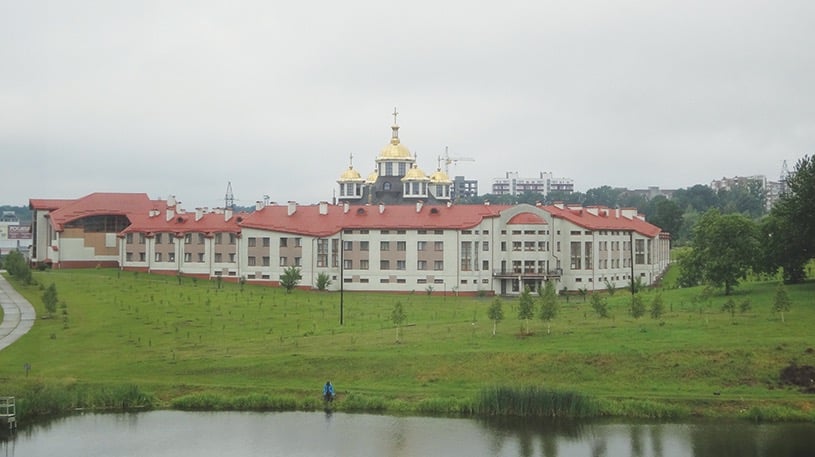
Ubiquitous witness
The fruits are evident today at each of the five seminaries now operated by the Ukrainian Greek Catholic Church (see sidebar). Descent of the Holy Spirit Seminary in Lviv, where Archbishop Shevchuk used to teach, is now the largest in the country, with some 200 students. Father Mykhailo Lesiv, vice rector of the seminary, related to OSV how seminarians not only serve in parishes, but also work alongside chaplains in prisons, hospitals and the military. They go on mission trips to regions of the country currently embroiled in war. They have clubs that study Scripture and ecumenical dialogue (only two examples). They also minister to orphaned children, run summer camps for children of soldiers and assist youth ministry programs. As a result, seminarians are thrust into many facets of life.
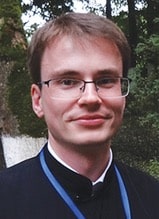
“Our society is more traditional than the Western world,” Yulian Vendzilovych, a seminarian from Holy Spirit in Lviv, told OSV. And so, he said, people tend to welcome and trust the moral voice of the Church. “We are trying to be near to people. To evangelize, we have to first of all make friendships with people and then talk about faith. … We have to witness through our lives.”
“When I was professor of moral theology, I used to teach my seminarians that the social doctrine of the Church is an important instrument of evangelization,” Archbishop Shevchuk said, admitting that, at the time, he didn’t understand what that meant. But today, as a bishop and head of his Church, “I start to understand” that the Gospel requires concrete application in society.
“According to the Word of God, we have to affirm the dignity of the human person. We have to preach to our politicians about the common good, which today is not so evident,” he said, singling out extreme individualism as just one emerging threat in Ukrainian life.
Western influence
The tide of secularization, while it hasn’t fully reached their country, is on the minds of many Ukrainian Greek Catholics.
“It’s coming,” Vendzilovych said. “We have to be prepared.”
Ukrainian Greek Catholics have seen numbers of vocations dip in recent years. But one Church official explained to OSV that this doesn’t look the same as it would in the United States or elsewhere in Europe. Rather than a lack of new priests, in Ukraine it means seminaries have five applicants for every opening instead of the seven, as in the past. Nor does the Church face the shortage of seminary instructors it did 20 years ago. Part of the credit for this goes to the support Ukrainian Catholics have received from elsewhere in the world, including the United States.
The U.S. bishops’ National Collection for the Church in Central and Eastern Europe, which is taken up in most U.S. dioceses on Ash Wednesday, has sponsored scholarships for Ukrainian priests to get their doctorates abroad, allowing them to return to their homeland to teach.
“Your solidarity with us is a sign that we are not forgotten in Ukraine, that we are not forgotten by God,” Archbishop Shevchuk said of the support from Catholics in the United States.
“Investing in formation, we invest in the best future,” Archbishop Shevchuk added. “I think that standing together for Christian values in today’s society, we can help each other to fulfill our mission.”

